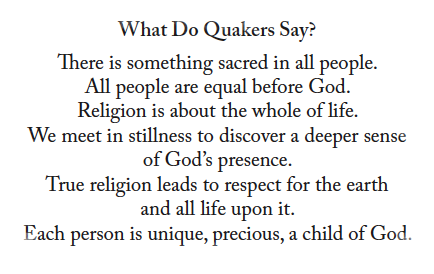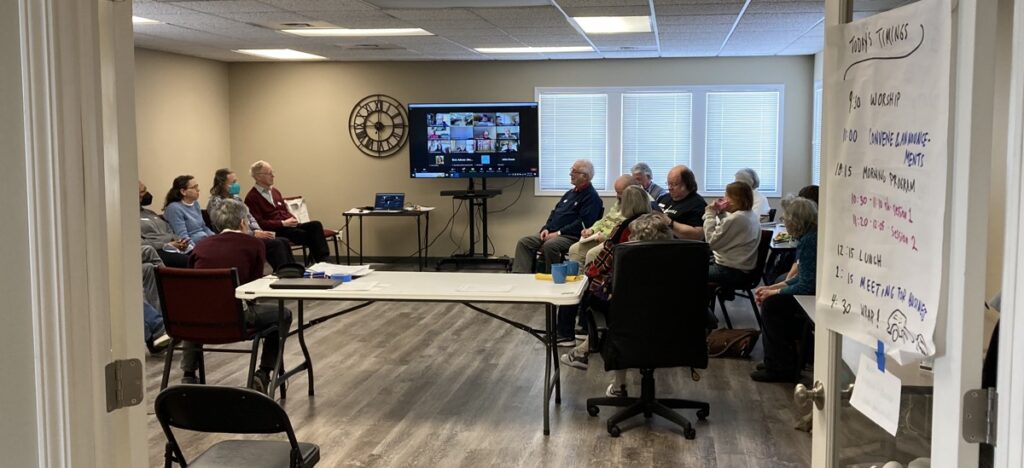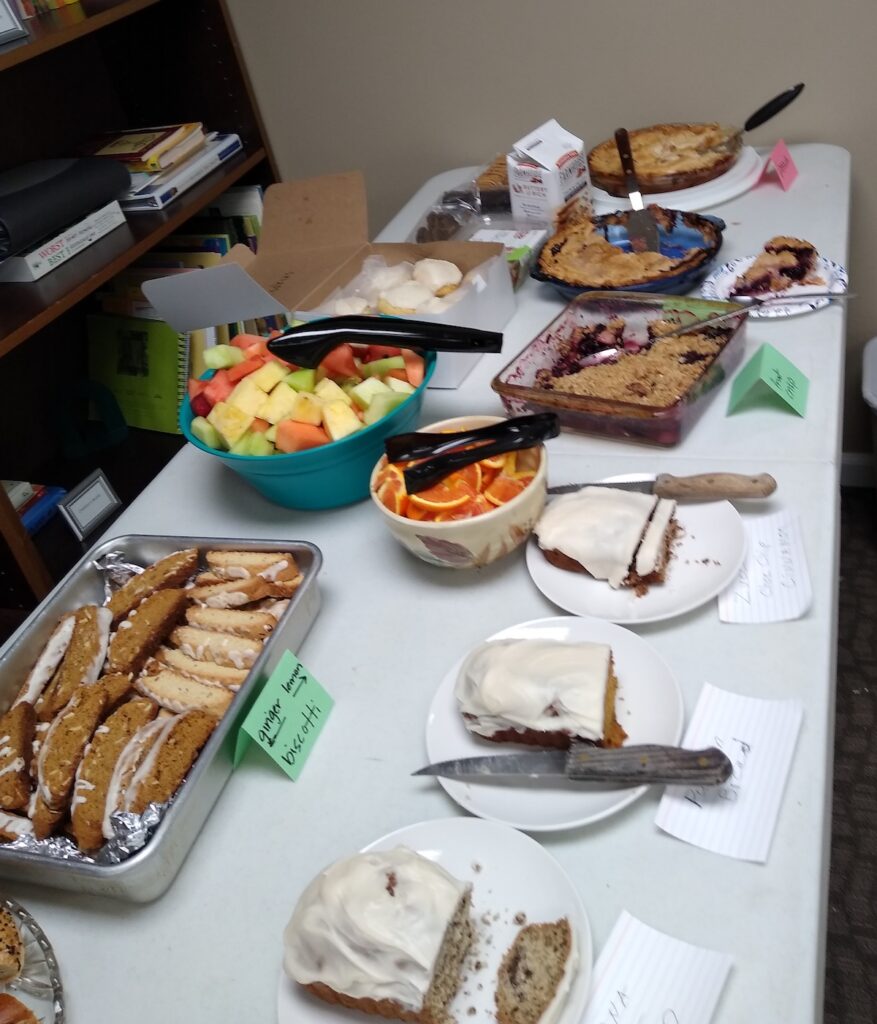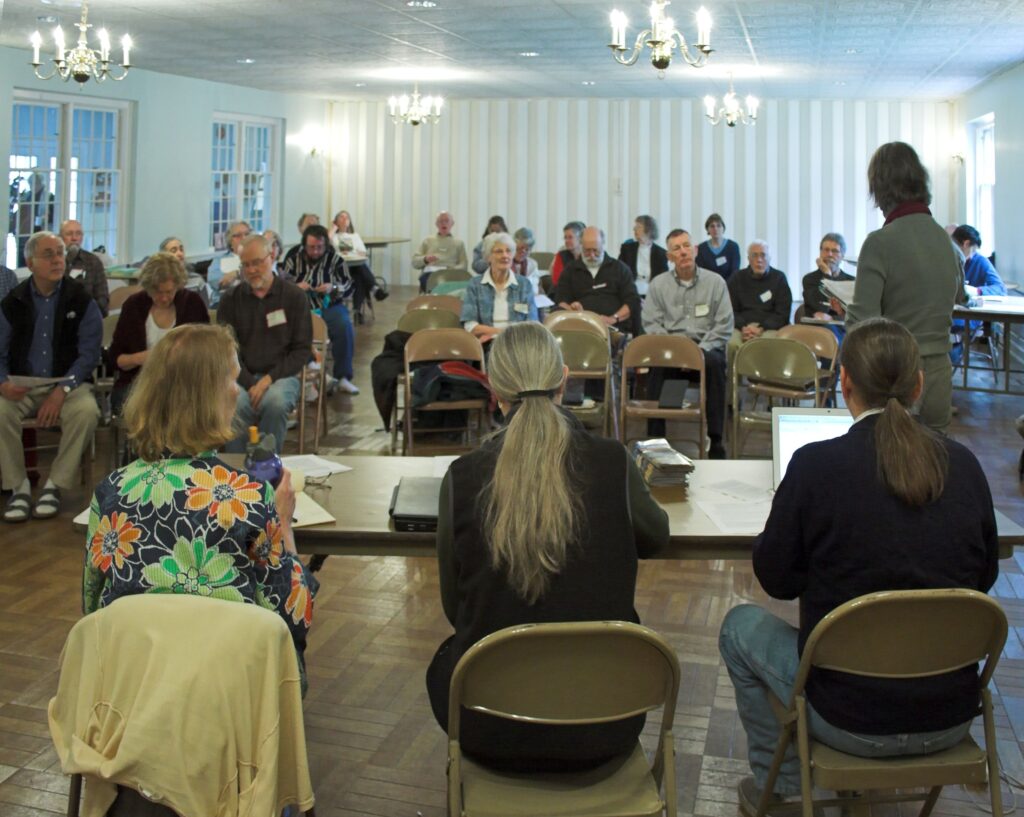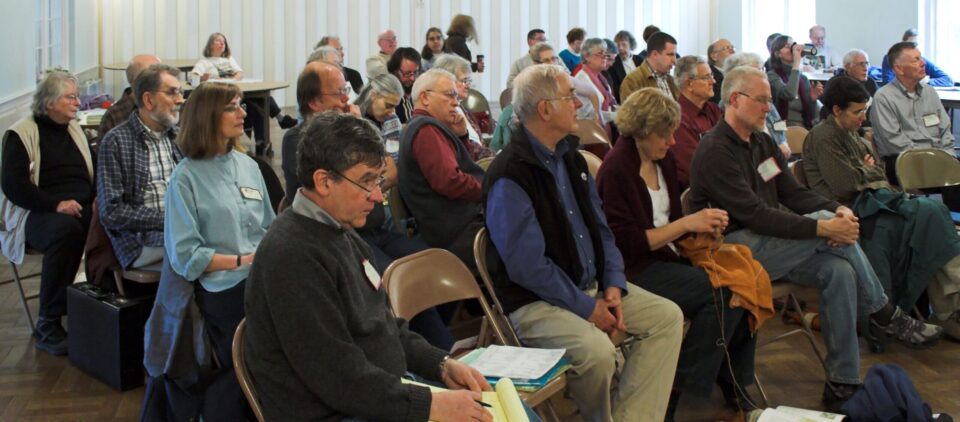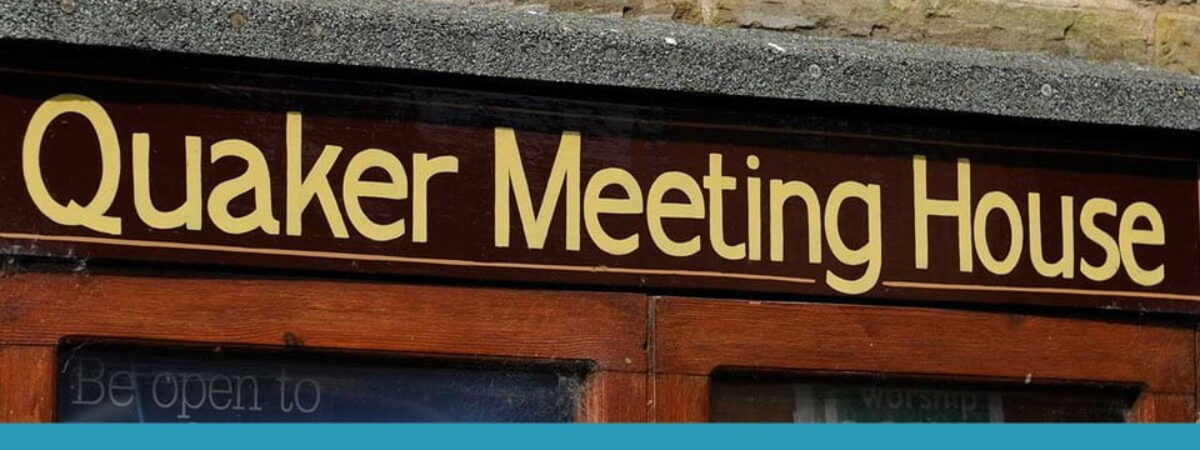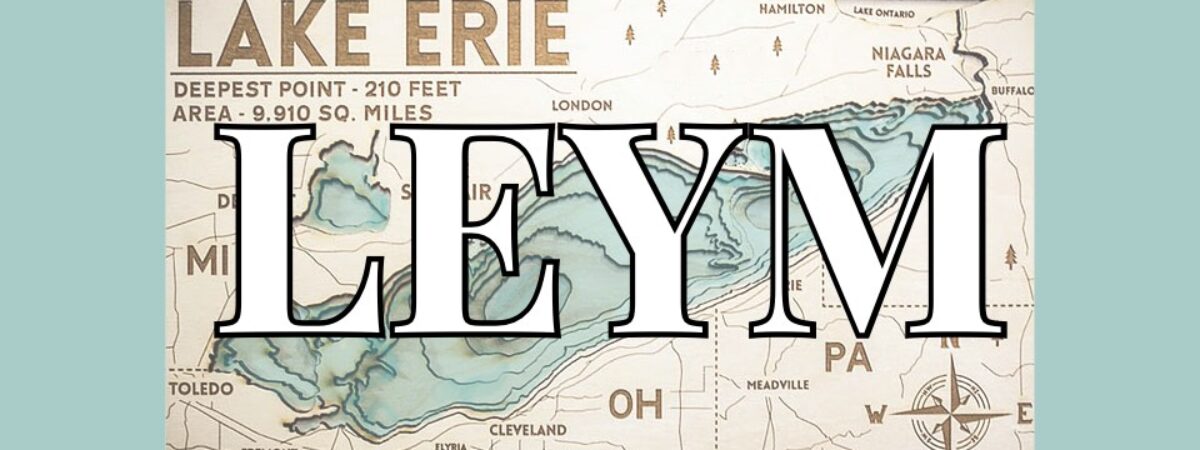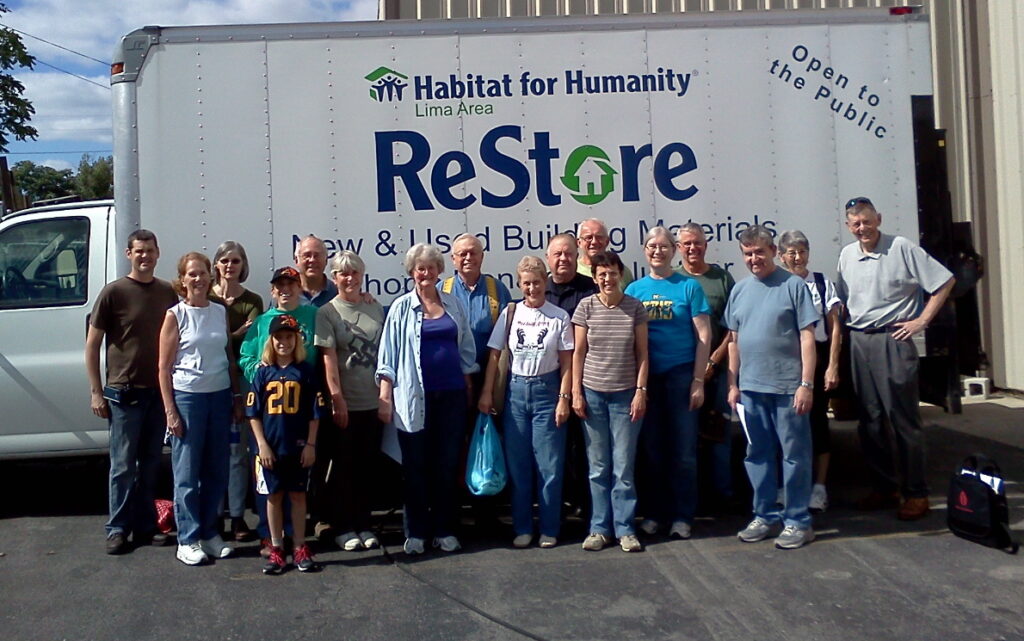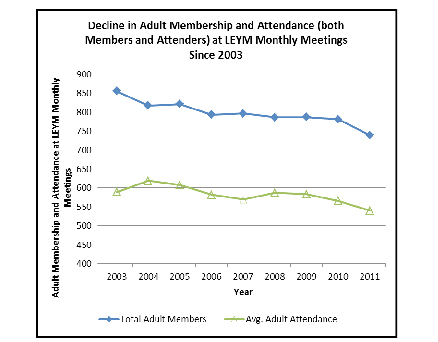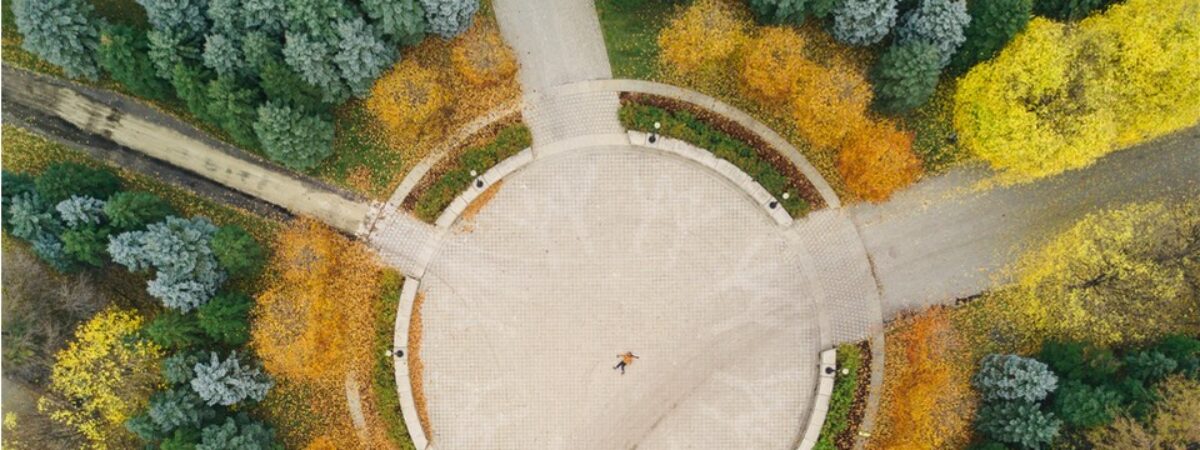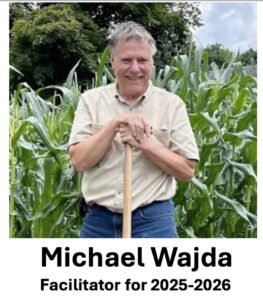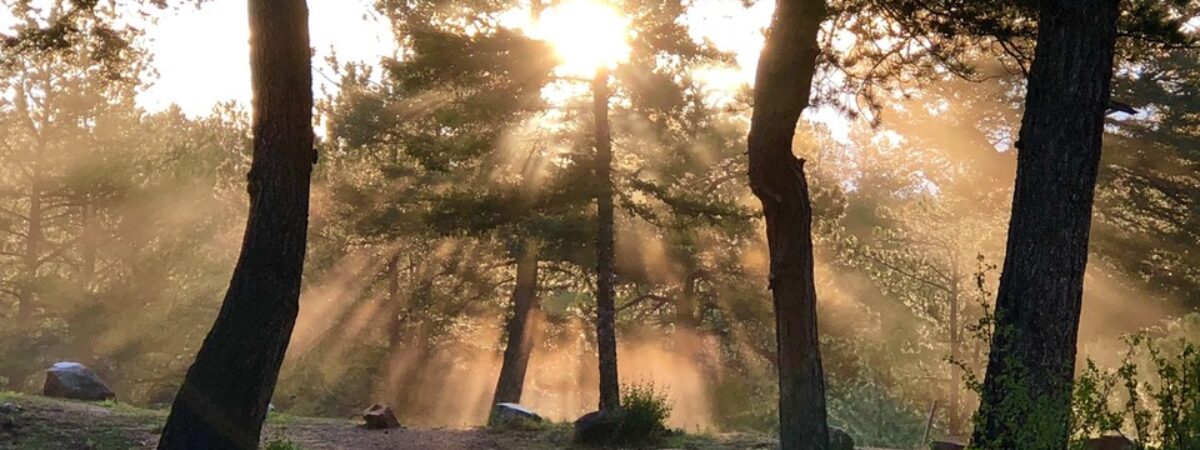| Year | Location | Clerks | Comments |
| 1939 | Cleveland | | Great Lakes Regional Meeting organized |
| 1940 | Ann Arbor (Lane Hall) | | |
| 1941 | Columbus | | |
| 1942 | Pittsburgh | | “Fourth Annual Great Lakes Regional Conference, New and United Meetings” |
| 1943 | (no record found) | | |
| 1944 | Cleveland | | |
| 1945 | (no record found) | | |
| 1946 | (no record found) | | |
| 1947 | Patterson Lake, MI (Ann Arbor-Detroit) | | |
| 1948 | Camp Wise (Cleveland-Oberlin) | | |
| 1949 | Delaware (Columbus) | | |
| 1950 | Camp Lutherlyn (Pittsburgh) | | |
| 1951 | Green Pastures (Ann Arbor-Detroit) | | |
| 1952 | Hiram House Camp (Cleveland) | Winthrop Leeds | FWCC–Oxford, England; Sheldon and Lucy Clark, Dick McCoy, Dorothy Kinsey, Ruth Hyde |
| 1953 | Columbus | | |
| 1954 | Camp Lutherlyn (Pittsburgh) | | |
| 1955 | Green Pastures (Ann Arbor-Detroit) | Martin Cobin | FWCC Statement of “Objectives and Organization of the Lake Erie Association” adopted |
| 1956 | Friends Boarding School, Barnesville | Bill Bliss | Sunday dinner cost 85¢ |
| 1957 | Wilmington College | Isabel Bliss | |
| 1958 | Friends Boarding School | Bernard Gross | FWCC–Bad Pyrmont, Germ.; Florence Shute, Bill Preis. Budget 1958-59: $475 |
| 1959 | Wilmington College | Dick Stow | |
| 1960 | Camp Mary Orton (N. Columbus) | William Johnson | |
| 1961 | Friends Boarding School | Howard Harris | LEYM Bulletin started. Elise Boulding, first editor. FWCC–Kenya; Margaret Utterbeck, Winifred Crossman |
| 1962 | Wilmington and Waynesville (with Indiana YM) | Bob Blood | |
| 1963 | Friends Boarding School | Bob Blood | Lake Erie Yearly Meeting formed within Lake Erie Association |
| 1964 | Wilmington College | Howard McKinney | FWCC–Ireland; Bill and Isabel Bliss. Pittsburgh joins LEYM. Delaware first new Monthly Meeting in LEYM |
| 1965 | Malone College, Canton, OH | Howard McKinney | Kent becomes MM. Oberlin joins LEYM. Cleveland joins both LEYM and Ohio (Cons.) YM |
| 1966 | Wilmington College | Esther Ewald | Adopted statement urging U.S. withdrawal from Vietnam |
| 1967 | Olney Friends School (Friends Boarding School) | Esther Ewald | LEYM affiliated with FGC. FWCC–Guilford; Rilma Buckman, Helen Healy |
| 1968 | Bluffton College | Flora McKinney | Approved minute opposing conscription |
| 1969 | Bluffton College | Flora McKinney | “Association” dropped from name. Ground broken for Friends School in Detroit’s permanent building |
| 1970 | Bluffton College | Flora McKinney | FWCC–Sweden; Flora and Howard McKinney, Bill Bliss |
| 1971 | Bluffton College | Flora McKinney | |
| 1972 | Ann Arbor | Rilma Buckman | |
| 1973 | Olney Friends School | Rilma Buckman | FWCC–Sydney, Australia; Paul Reagan, Dorothy Bower |
| 1974 | Hiram College | Rilma Buckman | Broadmead accepted as MM |
| 1975 | Hiram College | Ralph Liske | Procedures of LEYM adopted |
| 1976 | Hiram College | Ralph Liske | FWCC–Hamilton, Ontario |
| 1977 | Hiram College | Ralph Liske | |
| 1978 | Hiram College | Ralph Liske | Membership passed 1000. Budget reached $4000. |
| 1979 | Hiram College | Sam Prellwitz | FWCC–Gwatt, Switzerland; Benton Meeks, Evelyn Culver |
| 1980 | Hiram College | Sam Prellwitz | |
| 1981 | Olney Friends School | Sam Prellwitz,
Claire Davis | |
| 1982 | Defiance College | Claire Davis,
Sam Prellwitz | FWCC–Kenya; Marybeth Neal, Joe Davis |
| 1983 | Olney Friends School | Claire Davis,
Isabel Bliss | |
| 1984 | Defiance College | Isabel Bliss,
Claire Davis | |
| 1985 | Olney Friends School | Isabel Bliss,
Dick Taylor | FWCC–Mexico; Thomas Taylor |
| 1986 | Defiance College | Dick Taylor,
Isabel Bliss | |
| 1987 | Olney Friends School | Dick Taylor,
Clémence Ravaçon-Mershon | |
| 1988 | Bluffton College | Clémence Ravaçon- Mershon,
Dick Taylor | FWCC–Tokyo; Jean Stuntz, Terry Landoll |
| 1989 | Olney Friends School | Clémence Ravaçon-Mershon,
Marty Grundy | |
| 1990 | Bluffton College | Marty Grundy, Clémence Ravaçon-Mershon | |
| 1991 | Olney Friends School | Marty Grundy,
Pat Campbell | FWCC World Conf. – Netherlands, Honduras, Kenya. Claire Davis, Patricia Thomas, John Musgrave, Clémence Ravaçon-Mershon, Dick Taylor |
| 1992 | Olney Friends School | Pat Campbell,
Marty Grundy | |
| 1993 | Bluffton College | Pat Campbell,
Damon Hickey | |
| 1994 | Bluffton College | Damon Hickey,
Pat Campbell | FWCC–Albuquerque, NM; Rosemary Coffey, Joyce Balderston |
| 1995 | Bluffton College | Damon Hickey,
John Howell | Adopted LEYM Policies and Procedures |
| 1996 | Bluffton College | Damon Hickey,
John Howell | |
| 1997 | Bluffton College | John Howell,
Damon Hickey | FWCC–Birmingham, Eng.; R. Coffey (repl. Rosemary Lore), Merry Stanford |
| 1998 | Bluffton College | John Howell,
Janet Smith | |
| 1999 | Bluffton College | Janet Smith,
John Howell | |
| 2000 | Bluffton College | Janet Smith,
Don Nagler | FWCC–Geneva Point, NH; Beth Joy Blackbird, Richard Lee. First Annual Records published in booklet form |
| 2001 | Bluffton College | Don Nagler,
Janet Smith | Commemorated on the web in photos by Bill Hummon with Plenary Address by Marty Grundy: Some Thoughts on the Relationship between an Individual and the Meeting |
| 2002 | Bluffton College | Don Nagler,
Sally Weaver Sommer | |
| 2003 | Bluffton College | Sally Weaver Sommer,
Don Nagler | |
| 2004 | Bluffton College | Sally Weaver Sommer,
Michael Fuson | FWCC–Auckland, NZ; Zig Dermer, Margaret Kanost |
| 2005 | Bluffton University | Michael Fuson, Sally Weaver Sommer | |
| 2006 | Bluffton University | Michael Fuson,
Shirley Bechill | |
| 2007 | Bluffton University | Shirley Bechill,
Michael Fuson | First Adult Young Friends Group. FWCC–Dublin, Ireland; Raelyn Joyce, Mike Hinshaw |
| 2008 | Bluffton University | Shirley Bechill,
Merry Stanford | Holland accepted as MM |
| 2009 | Bluffton University | Merry Stanford,
Shirley Bechill | Scholarships assist first-time attenders |
| 2010 | Bluffton University | Merry Stanford,
Peggy Daub | Family attendance encouraged by meeting later in summer and no charge for young Friends (through age 18) |
| 2011 | Bluffton University | Peggy Daub,
Merry Stanford | Presentations and entertainment offered from within LEYM |
| 2012 | Bluffton University | Peggy Daub, Rebecca Morehouse | High School retreat held at and during Annual Sessions. |
| 2013 | Bluffton University | Peggy Daub, Sally Weaver Sommer | 50th Anniversary celebration. Work camp held before Annual Meeting. |
| 2014 | Bluffton University | Sally Weaver Sommer, Peggy Daub | Three-day work camp in Detroit preceding Annual Meeting |
| 2015 | Bluffton University | Sally Weaver Sommer, Mike Holaday | Plenary Address: Unconventional Joy: The Scandalous Ministry of Befriending, by Merry Stanford |
| 2016 | Bluffton University | Mike Holaday, Sally Weaver Sommer | FWCC – World Plenary in Pisac, Peru; Jana Norlin, C. Ravacon-Mershon attending. |
| 2017 | Bluffton University | Mike Holaday, [none] | Plenary address and three workshops presented by young adult Friends. |
| 2018 | Bluffton University | Nancy Reeves, Mike Holaday | Plenary address by Yvette Shipman, Steps to “green” Annual Meeting meals. |
| 2019 | Bluffton University | Nancy Reeves, Jo Posti | Plenary address by Joyce Ajlouny, Harassment Policy approved. |
| 2020 | Virtual (Zoom) | Jo Posti, Nancy Reeves | Covid-19 pandemic necessitated online meeting. |
| 2021 | Virtual (Zoom) | Jo Posti, Susan Loucks | Plenary address by Paula Palmer: From Truth to Healing with Native Peoples |
| 2022 | Virtual (Zoom) | Susan Loucks, Jo Posti | Theme “Many Roots, One Tree” interwoven throughout sessions. Plenary address by Christian Acemah, Head of Olney Friends School. |
| 2023 | Ashland University, Ashland Ohio and Virtual (Zoom) | Susan Loucks, [none] | Theme “Navigating Anew” apt for new location. Plenary address by Emily Provance. 60th anniversary. |
